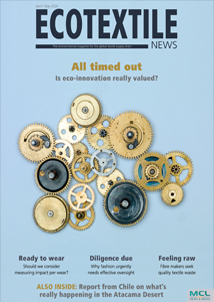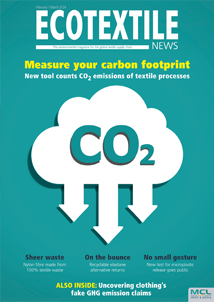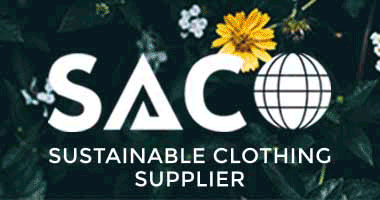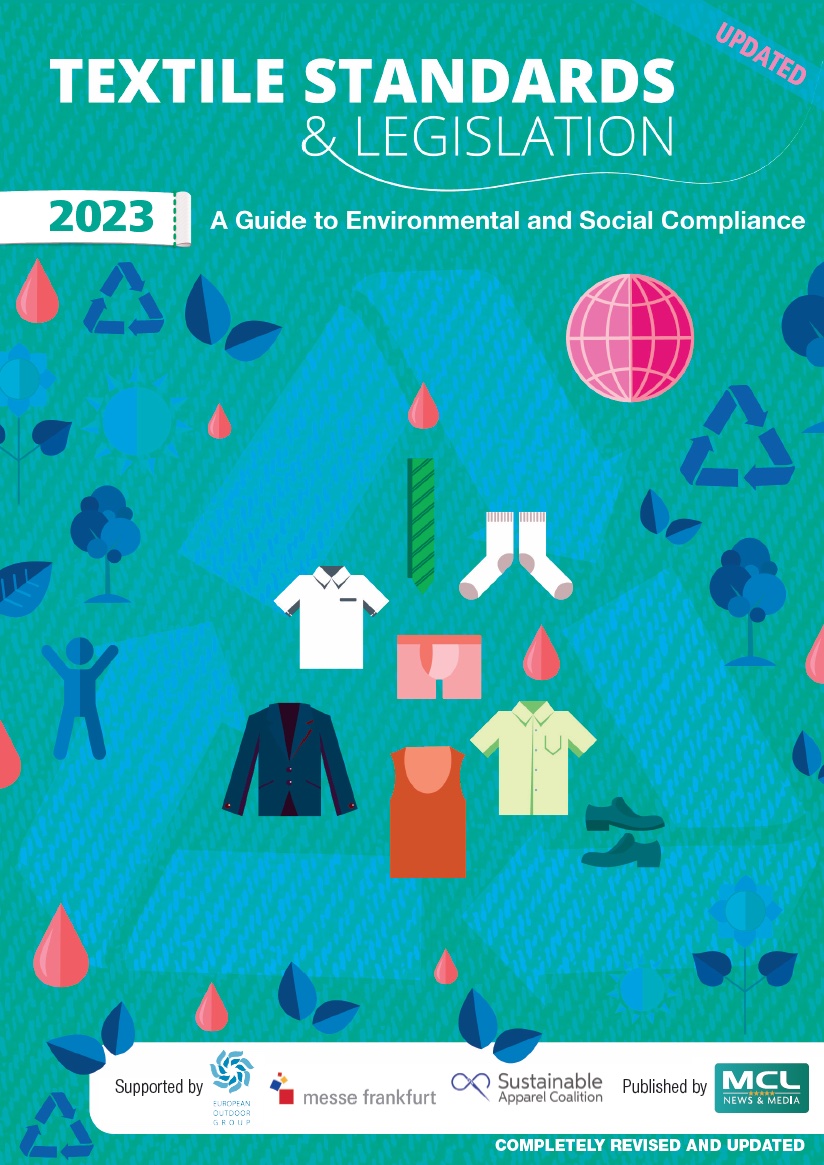WAKEFIELD – We look at the implications of extended producer responsibility (EPR) and the EU’s Waste Directive in the fourth episode in our five-part audio documentary on the textile-to-textile recycling industry.
Speaking mainly to French stakeholders – given that France has had an EPR rule on textiles for a decade – we talk to Refashion, Decathlon and the Policy Hub about what the EU directive will mean for member states when they’ll have to collect textile waste separately by 2025.
EPR schemes make producers responsible for the waste from the products they bring to market.
The 'player' feature below has been fixed after technical difficulties we faced last week.
Ecotextile Talks kicks off by speaking to Maud Hardy, circular economy director at Refashion, a non-profit which runs Europe's first EPR system for textiles, introduced in France back in 2007, for the government.
Hardy told our host Philip Berman how brands operating in the French market paid Refashion a small levy to help meet costs including the sorting of textile waste and developing the necessary recycling industry.
“So, basically the brands are paying for the management of the waste from the products that they place on the market,” she said.
Hardy went on to explain how that levy - which varies from company to company depending how many garments they put on the market - would have to increase before the European Waste Directive came into force because much more textile waste would be collected.
But she added: “The collection is not really the problem. The problem is what are you going to do with the waste you have collected. The real issue is what is happening after collection. This is what we should be focusing our energies on.
“We know that brands will have to pay a contribution that will increase enormously in the coming years. The brands are now completely aware that they will have to pay to support the real costs of the recycling industry.”
Hardy added that, until the technology existed to enable textile-to-textile recycling at scale, Refashion was keen to explore links with other industries such as construction.
This is likely to prove controversial with a closed loop, textile-to-textile process being the preferred option by those seeking sustainability through circularity.
“We have to be realistic,” Hardy says. “The entire perspective has to be considered. This is why we think the closed loop is a fantasy. We will not be able to absorb the entire waste of the textile industry into a closed loop.”
This episode also hears from Policy Hub chair Baptiste Carriere-Pradal, Decathlon's textile recycling project leader Bouraoui Kechiche, and Damien Saumureau who is head of circular projects, swimwear and aquatics, also at Decathlon..
Subscribe to our podcasts and radio shows by following us on Apple, Google, Spotify and Amazon Music, to automatically get alerts when we launch a new Ecotextile Talks Behind the News podcast.











































